From Hobbiton to hot springs: exploring the Shire in New Zealand
Lord of the Rings sets draw tourists in their thousands, but the area’s real-life Maori heritage is just as thrilling
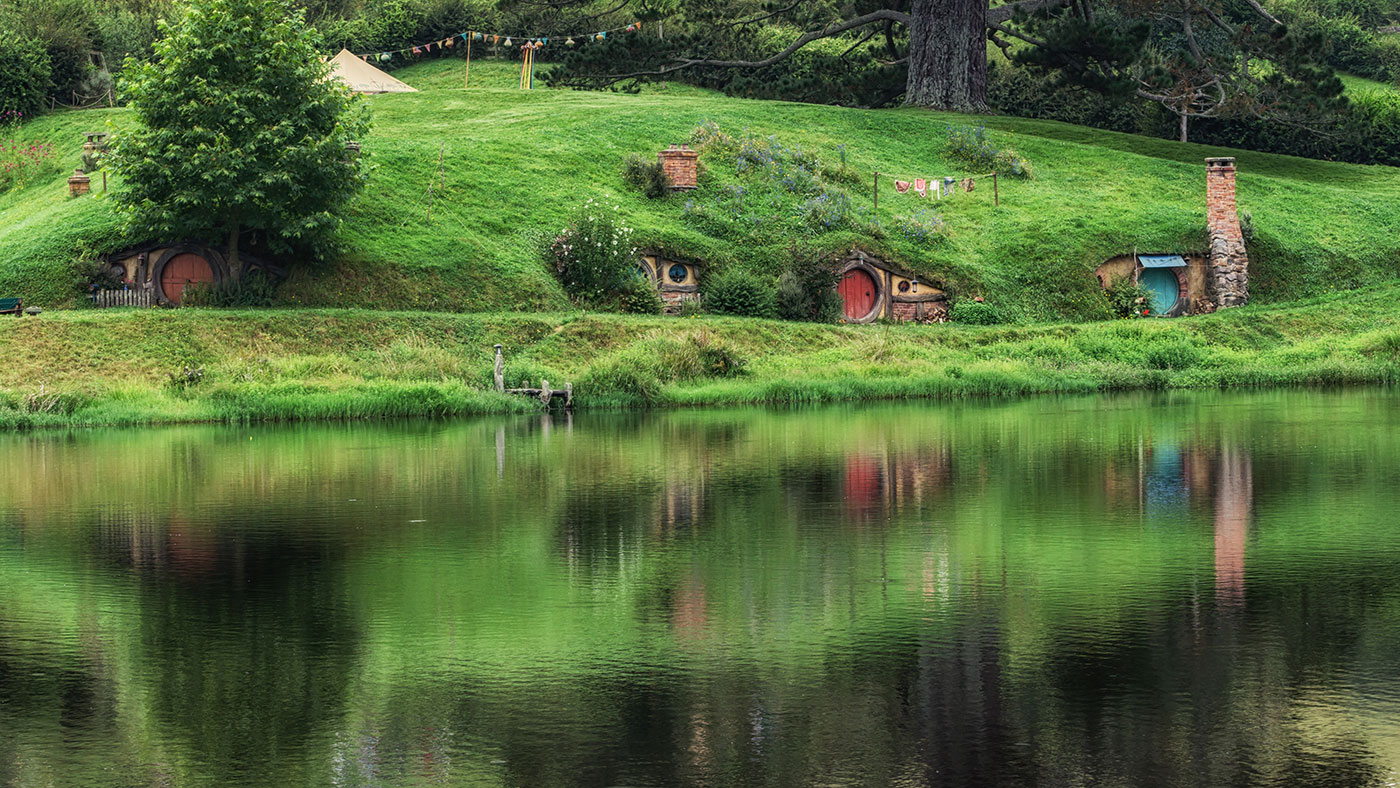
A free daily email with the biggest news stories of the day – and the best features from TheWeek.com
You are now subscribed
Your newsletter sign-up was successful

It may only be spring in Britain, but if you want to escape the chill of winter later this year with a trip to New Zealand, then it makes sense to get your planning in early.
Last November, with a warm, floral breeze in the air, my partner and I left Auckland and drove south for Rotorua. On the way, we stopped at the Lord of the Rings film set. Today known as Hobbiton, it is holy ground for ancient geeks like us. Our 23-year-old guide, Sam, from nearby Matamata, was only a small child when the first of the trilogy was released in 2001. “When I was a kid, I refused to see the film, because as they were from here, I didn’t think they would be any good,” he told me, displaying the famous Kiwi modesty. But, of course, the films became a huge hit.
The Week
Escape your echo chamber. Get the facts behind the news, plus analysis from multiple perspectives.

Sign up for The Week's Free Newsletters
From our morning news briefing to a weekly Good News Newsletter, get the best of The Week delivered directly to your inbox.
From our morning news briefing to a weekly Good News Newsletter, get the best of The Week delivered directly to your inbox.
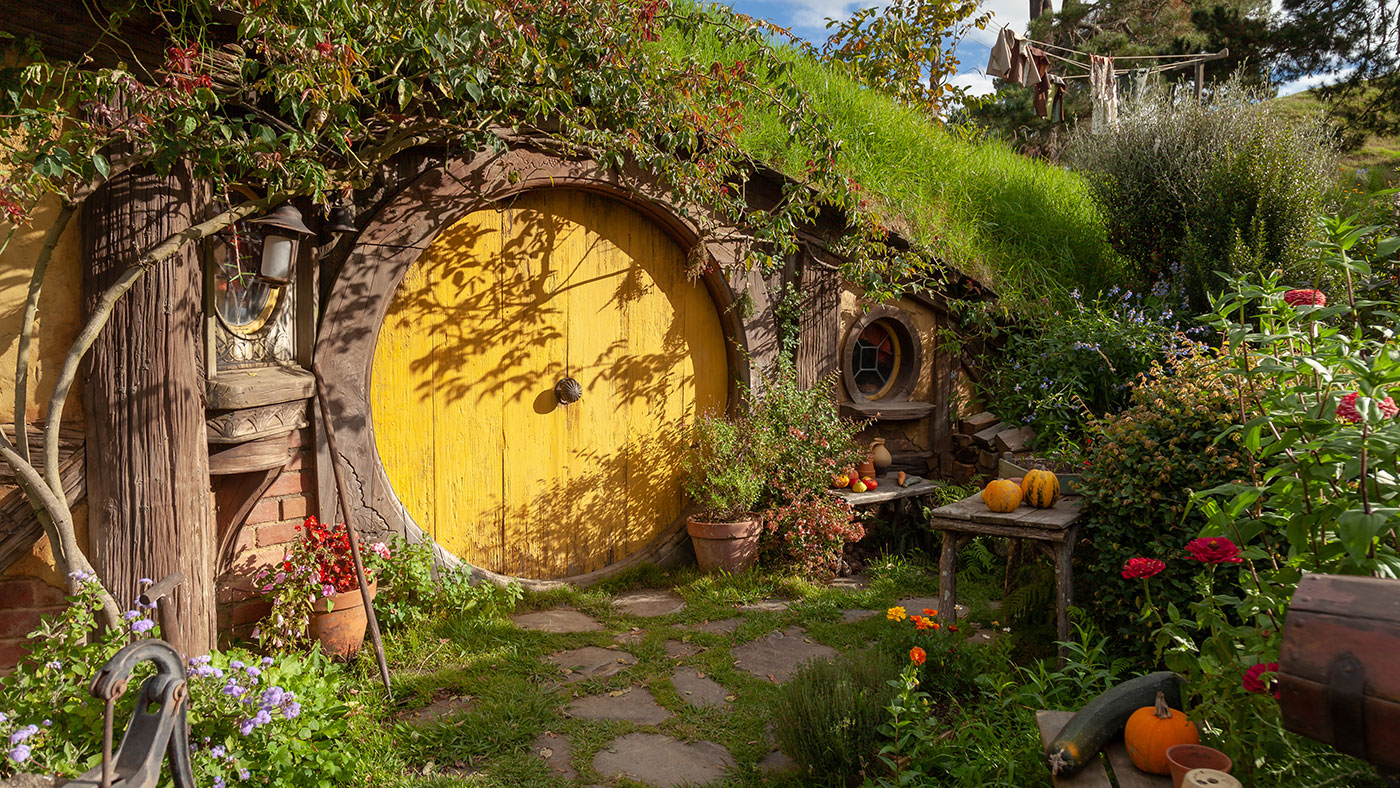
Hobbiton is where director Peter Jackson located the Shire, home of the hobbits. Despite being almost 20 years old, the grounds are still carefully tended to by gardeners – 95% of the flowers are real. So, even if you’re not an avid fan, it still makes for a lovely stroll around the diminutive village, lake and pub where the tour ends. And if you’re not a fan, you’re not alone. Apparently many visitors have never seen the films, said Sam. Some even make the visit mistaking Hobbiton for a preserved ancient Maori village, which is bizarre, considering that real Maori history is everywhere.
Hot springs
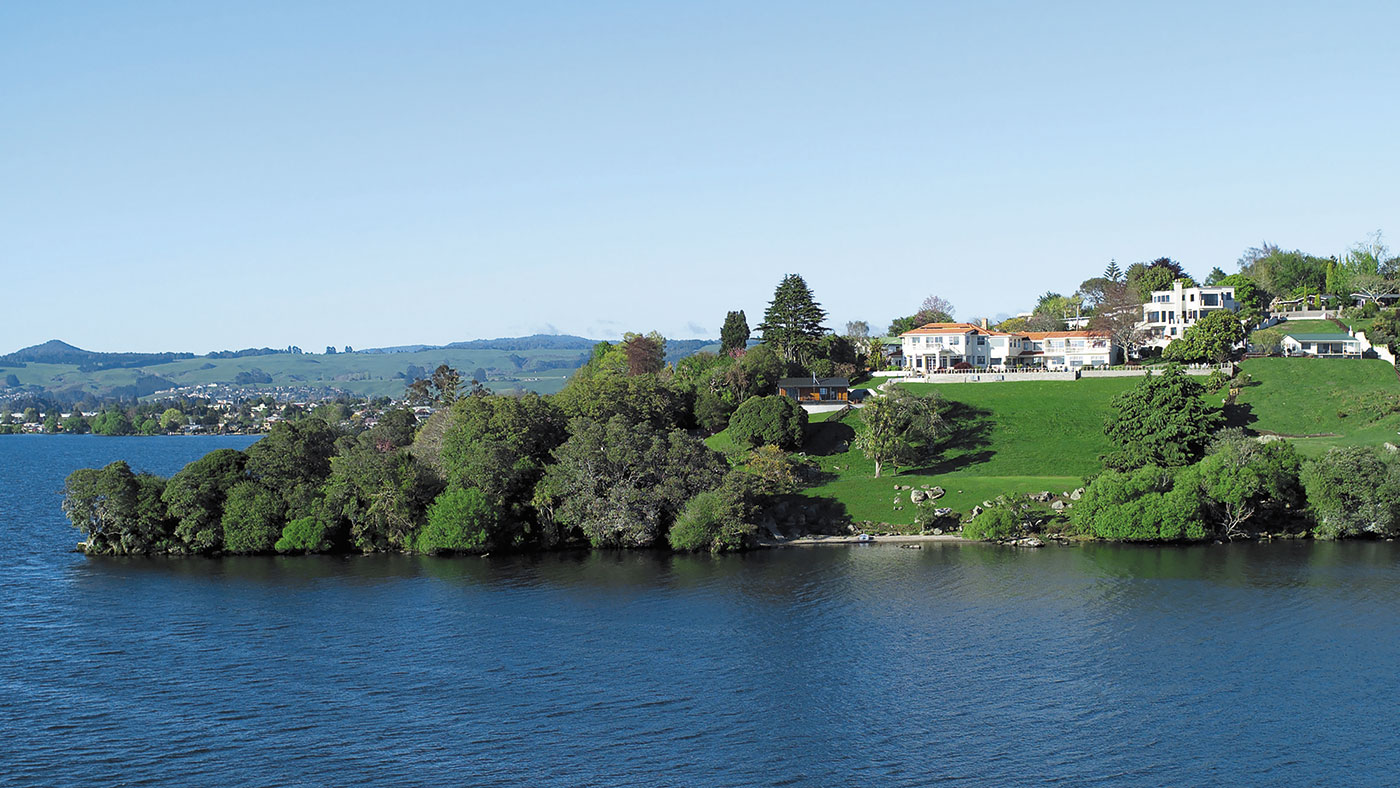
Arriving in Rotorua, we settled into Peppers on the Point (pictured – NZ$500). This charming 1930s mansion sits on a promontory overlooking Lake Rotorua and Mokoia Island. It has been converted into a cosy hotel with several spacious rooms with views, as well as cottages with Jacuzzis, dotted around the grounds, which, if you look closely, also feature the step terraces from an old Maori pa (fortified settlement), and a small cave.
According to legend, the pa came under attack from an enemy tribe before dawn, while the settlement’s warriors were away on Mokoia. The chief, Tunohopu, hid his family in the cave, but not before his youngest son had been carried away. Tunohopu’s warriors saw the fires and returned to drive off the marauders, who took the boy with them. Tunohopu went to his enemy’s village alone and unarmed. His enemies were so impressed by the chief’s bravery they handed back his son.
A free daily email with the biggest news stories of the day – and the best features from TheWeek.com
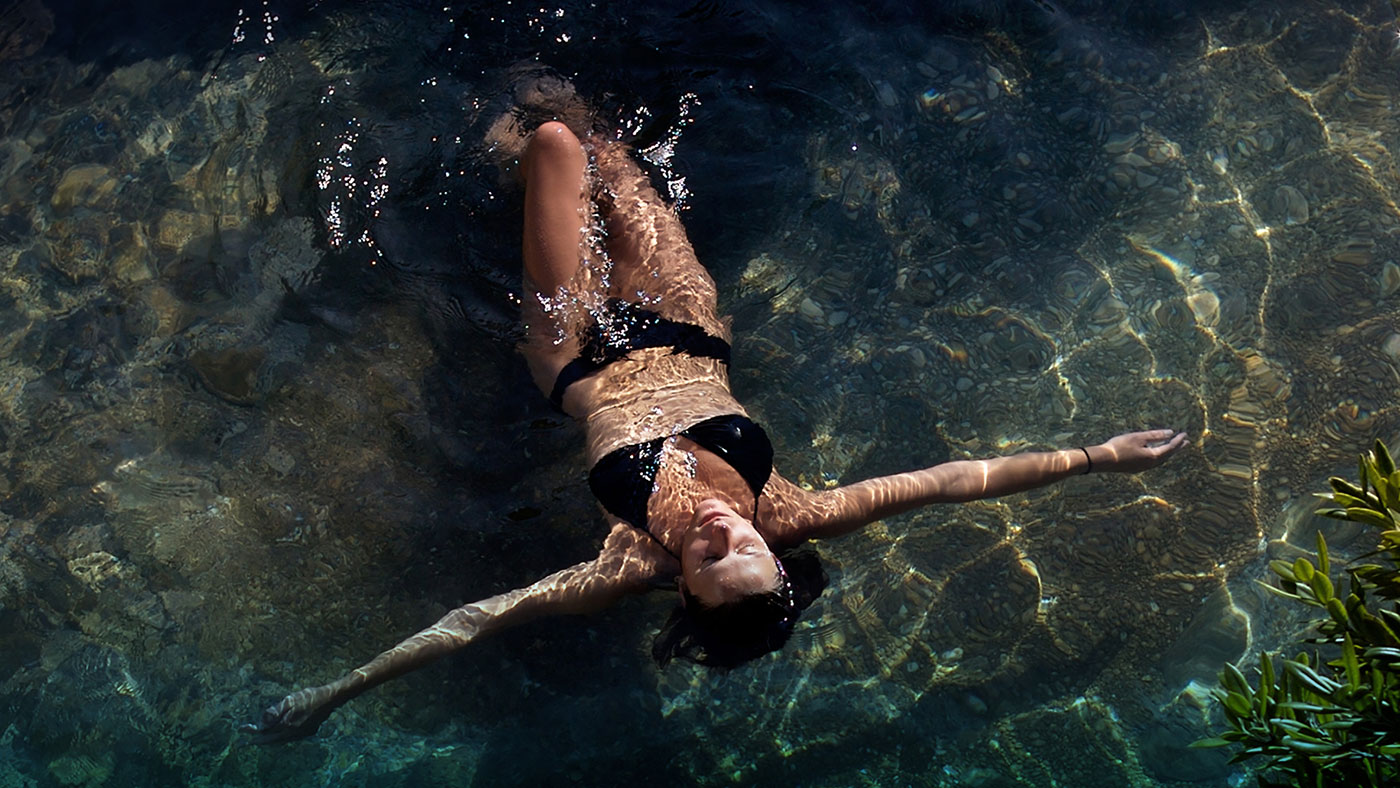
Maori history permeates this part of New Zealand. The area’s hot springs were an obvious draw for the Te Arawa people, who, according to tradition, arrived from further north in Polynesia on an ocean canoe named Arawa. Two such springs feed into 28 mineral pools at Polynesian Spa (NZ$30).
The Priest Spring is named after Father Mahoney, an arthritic priest, who was carried here in 1878, and claimed to be cured after a soak in its waters. It is slightly acidic and good for relieving tired muscles, while the Rachel Spring, named after a notorious Parisian cosmetician and conwoman, is alkaline. She promised “ageless beauty”, which is stretching it. But the spring is apparently good for the skin. One way or another, convalescents have been coming here to take the waters since 1882. You can still see the preserved white-tiled baths from 1931. These are no longer in use, yet visitors still come to recover, not from physical ailments but from the stresses and strains of everyday life. It is worth paying extra for the “Deluxe Lake Spa”, which comprises five additional, less crowded, pools.
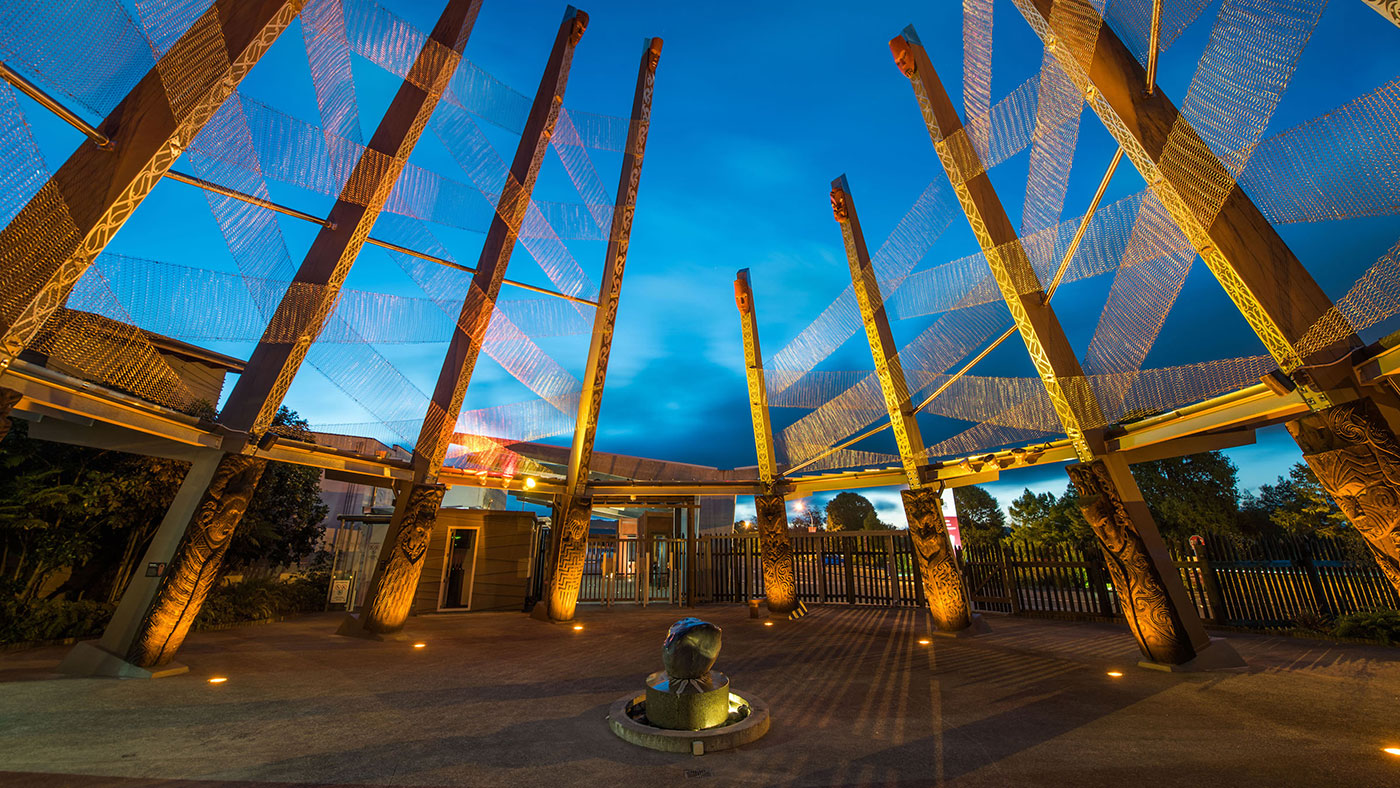
Maori traditions
Where there’s thermal activity, there are geysers. One called Pohutu shoots 30 feet in the air. You can find it at Te Puia (pictured above), a project set in 173 acres on the edge of town aimed at teaching and preserving Maori traditions. Visitors watch a cultural performance, including the famous haka war dance – and even participate. (When a glaring Maori warrior tells you to get up on stage, you do it.) The centre is also a school for boys to learn traditional wood-carving, while the girls are taught to become expert basket-weavers. The tour really is an honest and excellent introduction to Maori culture (NZ$56).
From Rotorua, it was down to “Windy Wellington” at the southern tip of the North Island. Take the cable car for gorgeous views over the bay, and to visit the botanical gardens at the top. From there, you can also catch a shuttle to Zealandia (NZ$19.50). This wildlife sanctuary is surrounded by a high fence to protect the indigenous plants and animals by keeping foreign visitors out (tourists excepted). Keep an eye out for tuataras – these shy creatures, resembling large lizards, are the sole surviving members of their order, and at 200 million years old, they are sometimes referred to as “living fossils”. No doubt they would enjoy the tour at Hobbiton.
This article was originally published in MoneyWeek
-
 How the FCC’s ‘equal time’ rule works
How the FCC’s ‘equal time’ rule worksIn the Spotlight The law is at the heart of the Colbert-CBS conflict
-
 What is the endgame in the DHS shutdown?
What is the endgame in the DHS shutdown?Today’s Big Question Democrats want to rein in ICE’s immigration crackdown
-
 ‘Poor time management isn’t just an inconvenience’
‘Poor time management isn’t just an inconvenience’Instant Opinion Opinion, comment and editorials of the day
-
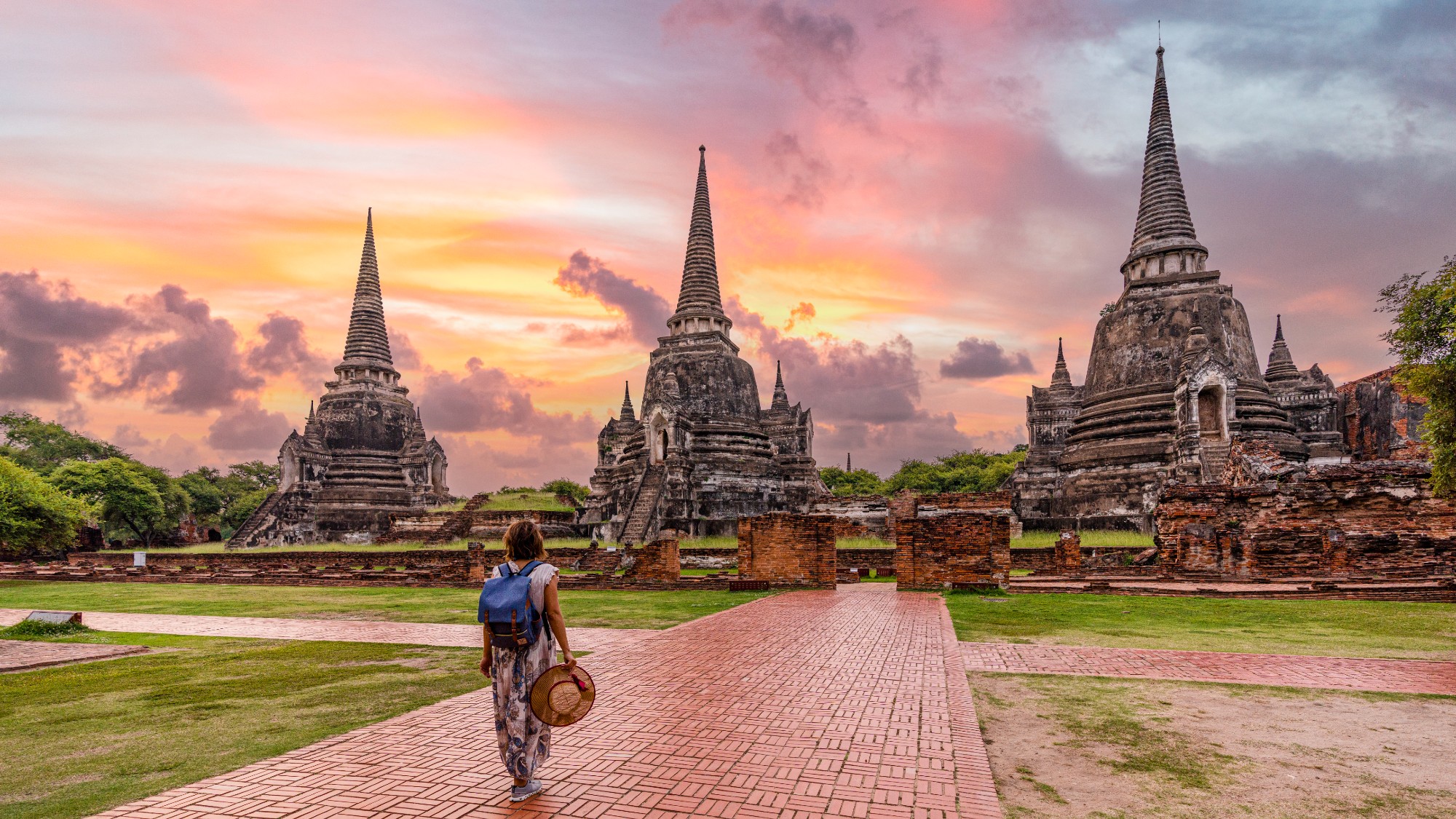 6 optimal digital nomad destinations: Pack your laptop, your visa and a sense of adventure
6 optimal digital nomad destinations: Pack your laptop, your visa and a sense of adventureThe Week Recommends See the world — but do it in a conscientious manner
-
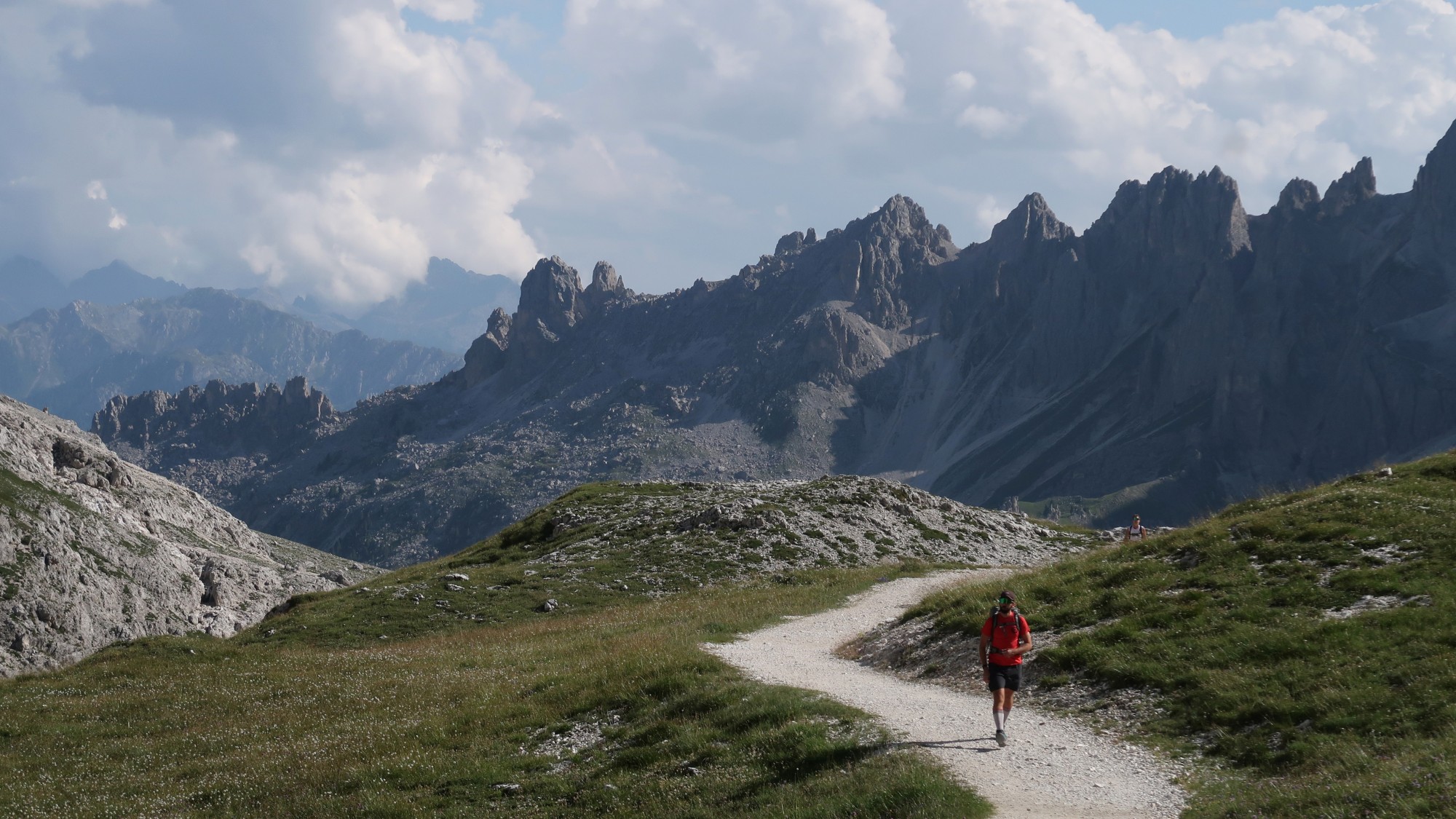 The best adventure holidays for adrenaline junkies
The best adventure holidays for adrenaline junkiesThe Week Recommends Five destinations perfect for outdoor thrill-seekers
-
 Friendship: 'bromance' comedy starring Paul Rudd and Tim Robinson
Friendship: 'bromance' comedy starring Paul Rudd and Tim RobinsonThe Week Recommends 'Lampooning and embracing' middle-aged male loneliness, this film is 'enjoyable and funny'
-
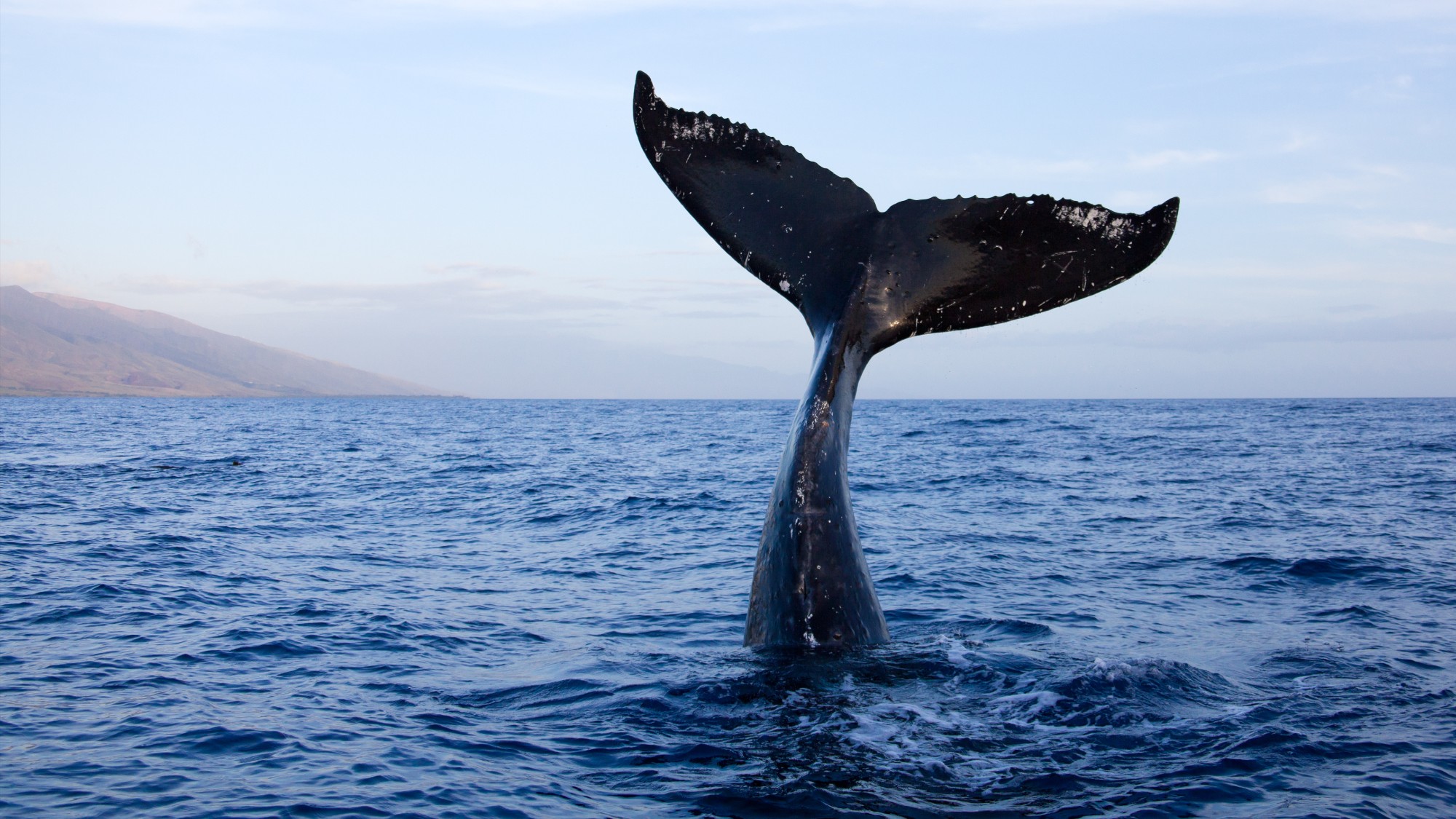 This winter heed the call of these 7 spots for prime whale watching
This winter heed the call of these 7 spots for prime whale watchingThe Week Recommends Make a splash in Maui, Mexico and Sri Lanka
-
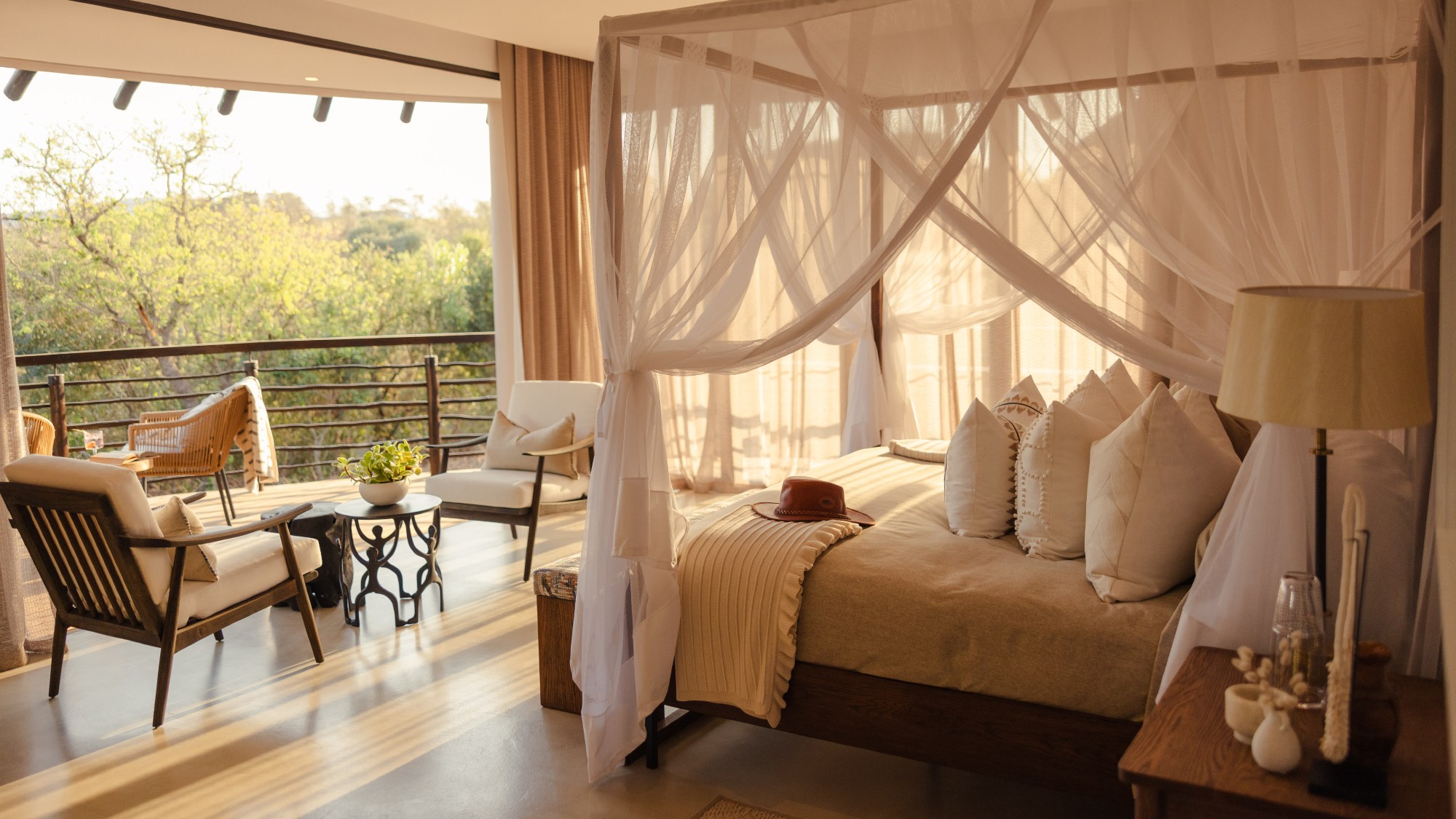 Take advantage of sublime October weather at these 7 hotels
Take advantage of sublime October weather at these 7 hotelsThe Week Recommends Rain, snow and sleet will absolutely not be keeping you from your destination
-
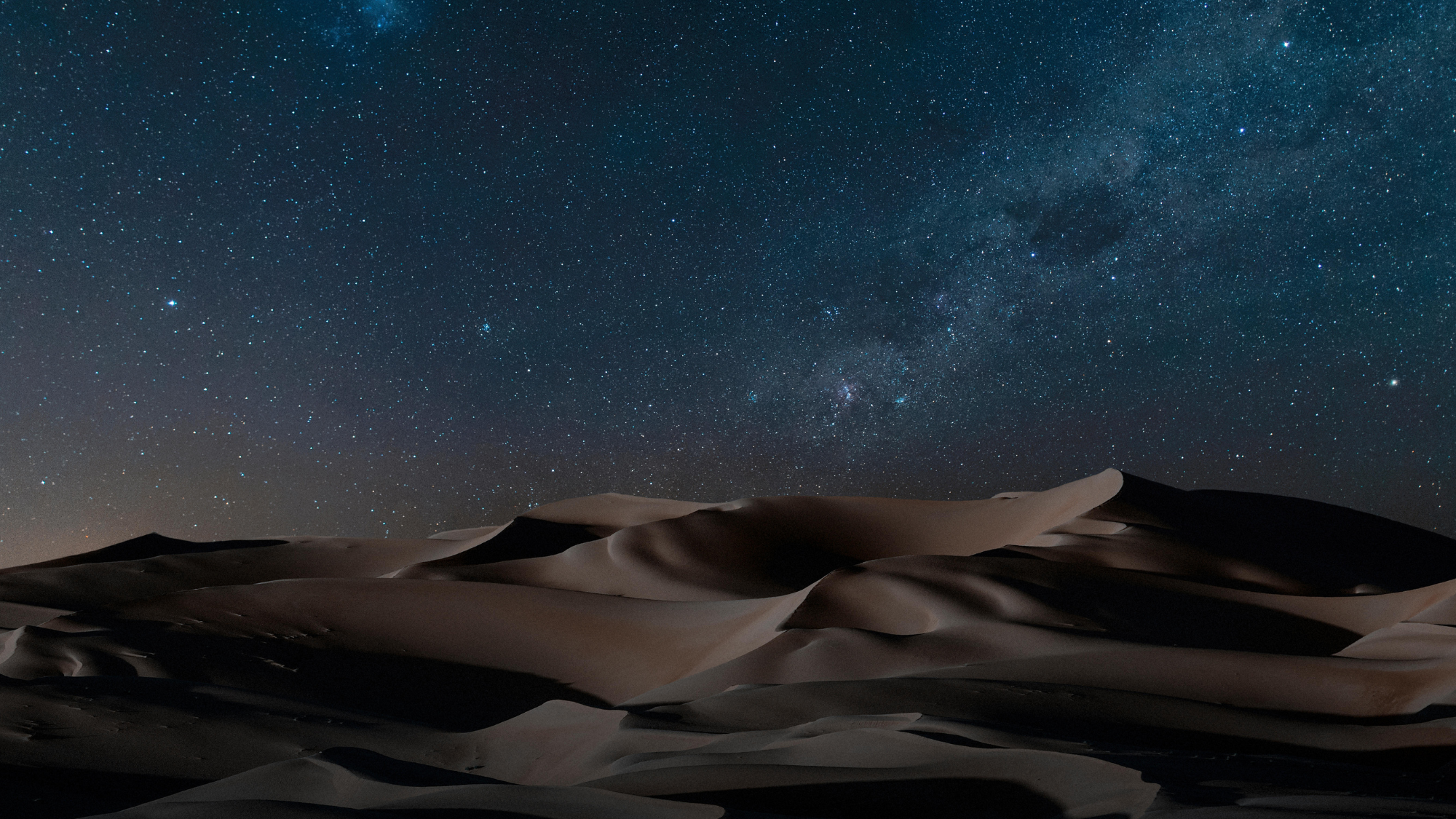 The world's best astrotourism adventures
The world's best astrotourism adventuresThe Week Recommends From the depths of the Namib Desert to Finnish Lapland, these remote destinations are ideal for stargazing
-
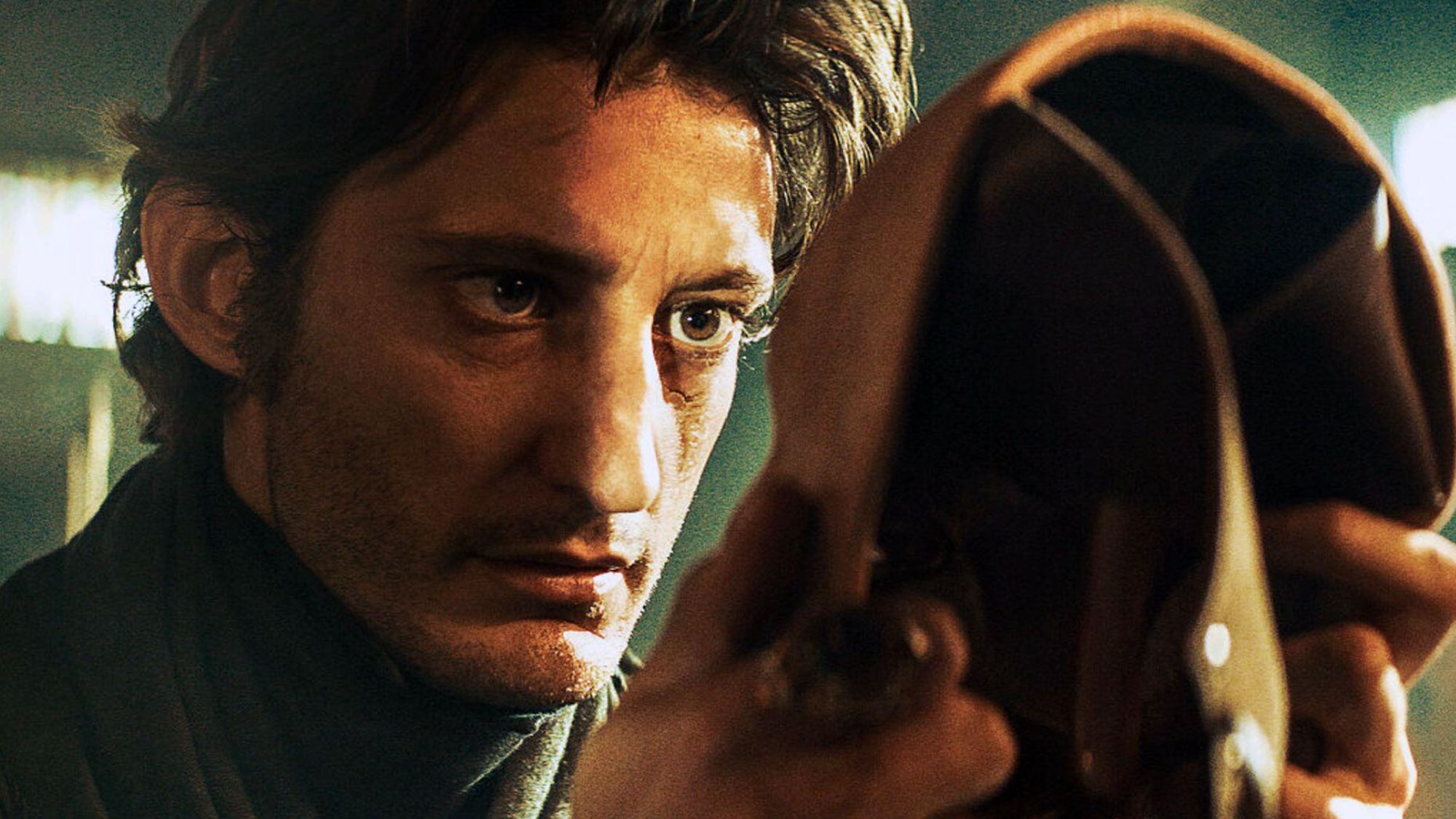 The Count of Monte Cristo review: 'indecently spectacular' adaptation
The Count of Monte Cristo review: 'indecently spectacular' adaptationThe Week Recommends Dumas's classic 19th-century novel is once again given new life in this 'fast-moving' film
-
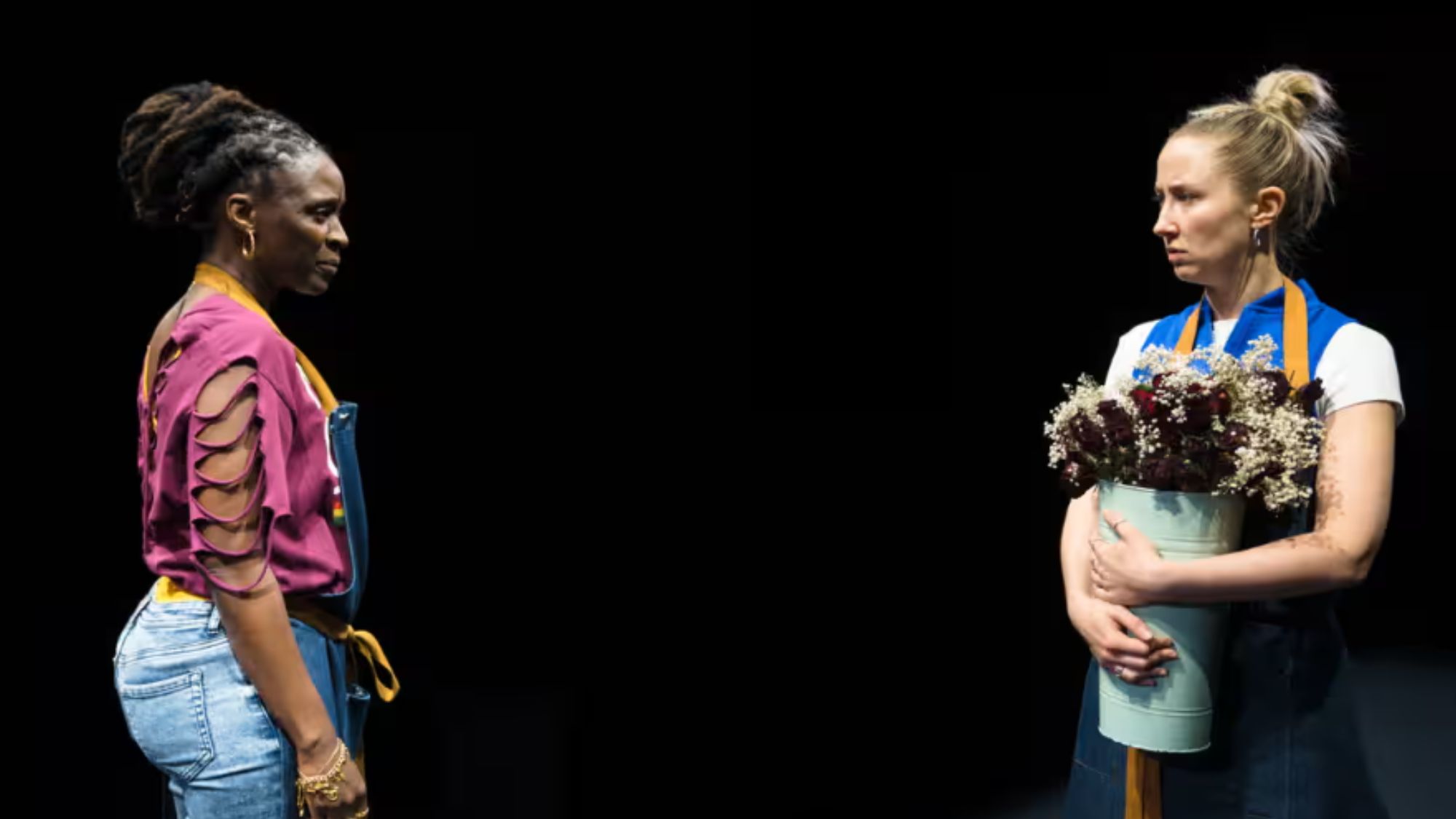 Death of England: Closing Time review – 'bold, brash reflection on racism'
Death of England: Closing Time review – 'bold, brash reflection on racism'The Week Recommends The final part of this trilogy deftly explores rising political tensions across the country